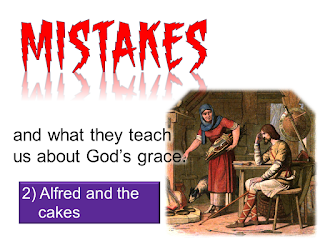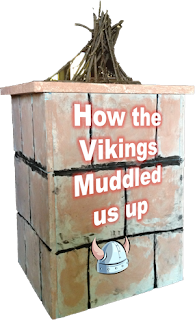Mistakes and what they teach us about God's grace. 3) Eleazer and the Elephant
The St. Andrew's Stars tell the story of Eleazer and the Elephant: Hespeler, 28 February, 2016 © Scott McAndless Mark 8:31-36, Philippians 3:4b-11, Psalm 49:5-15, (1 Maccabees 6:32-47) O ver a century and a half before Jesus was born, the land of Judea was invaded and occupied by the Greek speaking king of the Seleucid Empire. But the Jews did not like being ruled over by Greeks who were, they felt, destroying their culture and faith, so they rebelled. The Jewish revolt was led by one particular Jewish family, the most famous member of which was a general called Judas Maccabaeus. The tales of the Maccabean Revolt are amazing, but they did not, unfortunately, make it into our Bibles. You can read the stories in the Books of the Maccabees which are found in a collection of books called the Apocrypha. These books are included in some of the Bibles of some Christian denominations and they are well worth reading even if we don’t quite consider them t

